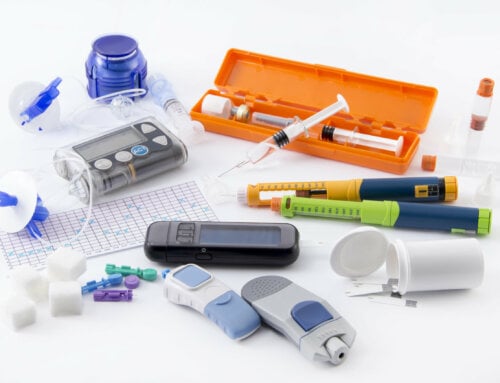I really hate to rub it in, although it has been a mild winter in many parts of the country, but as I sit here, it is 84 degrees and sunny in South Florida. We basically have had a non-existent winter, so I decided to get right down to the topic of spring cleaning for your body. In my next newsletter, I will address spring cleaning your home.
For you and your body – If you can start spring season by being pro-active instead of reactive, your body will most likely reward you. What that means is taking steps to prevent problems instead of fixing them when they present themselves later on. Yes, it is the usual advice most health care professionals give you and since we just went through New Year’s resolutions, maybe some of you have already started. If not, here goes:
- Reduce mental stress – part of my interview when teaching patients with diabetes is, “Do you have stress?”, most answer back with a resounding, YES! The next question is, how do you deal with it? Most everyone says they over eat to relieve their stress because it’s comforting and makes them feel good. Besides that, they are not eating celery and cucumbers for comfort. It usually is macaroni and cheese or meat loaf and mashed potatoes, and lots of it. This spring, if this is your dilemma; try to find a proactive stress solution such as yoga, deep breathing, meditation, or just plain going for a walk. Remember, mental stress makes your hormones elevate which raises your blood sugar. Adding extra food to the mix only makes the blood sugars worse. Physical movement and deep breathing actually lowers the sugar and uses the stress hormones.
- Exercise smarter not longer – come up with a plan to make your exercise most efficient. Most everyone complains that they have no time to exercise. If possible, try interval training instead of steady state exercise; that means you speed up and slow down your activity and speed up again. You could elevate the treadmill and then walk flat instead of just maintaining the same speed and elevation the whole time; the body gets used to steady state exercise and few benefits are achieved. Always check with your physician but interval training increases your metabolic rate and your ability to burn calories. You may have to push a bit harder but you will not have to exercise as long when you interval train. That equals more time for other things.
- Start flossing – this is proven to help reduce and remove tarter and plaque formation, a main culprit in periodontal disease. You are already at risk when you have diabetes due to extra sugar in your saliva and because your healing process is reduced so be pro-active. Using a tongue scraper and a mouth rinse without alcohol to follow is also a positive behavior. Remember there is a strong correlation between heart disease, diabetes and gum disease.
- No smoking – because it is the worst thing you can do with diabetes due to the fact that it increases blood pressure, increases heart rate and narrows the blood vessels.
- Try to find happiness and meaning in all that you do – feeling self motivated and gaining self esteem and self respect is important; taking care of yourself first and making time for yourself makes you stronger for everyone around you. Feeling depressed and worthless can definitely have an impact on your physical being and health leading to chronic fatigue as well as aches and pains. Learn to communicate better, feel more, work and play and remember to really feel!
NOTE: Consult your Doctor first to make sure my recommendations fit your special health needs.






Leave A Comment